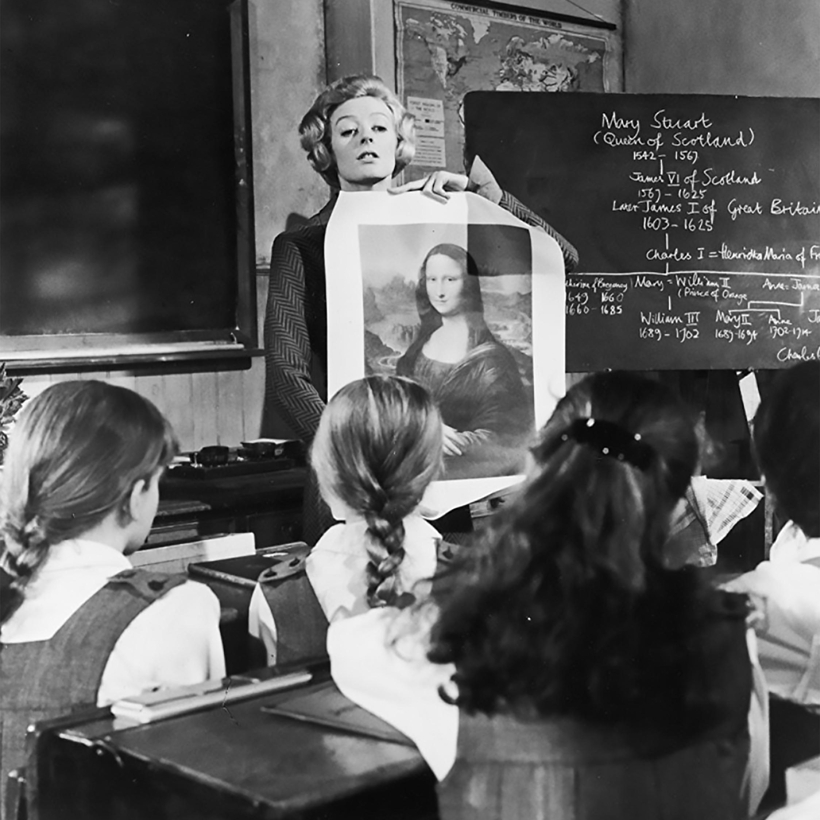I recently spent the better part of a week visiting various university campuses speaking to students. A poignant experience. Partly because I got to waft around other people’s arts faculties, remembering when I too had all that freedom and all that time ahead of me. But this was also the first time I noticed that generational differences now separate me from the current cohort of undergraduates.
I was taken aback (and also rather charmed) by how many of my interlocutors eagerly offered me earnest, unprompted explanations of their neurological and sexual identities. I also noticed a new, intense atmosphere of personal ambition. Students fretfully explained that “side hustles”, multiple internships and strenuously cultivated hobbies were no longer the preserve of a hyper-ambitious minority but the basic criteria of success.

